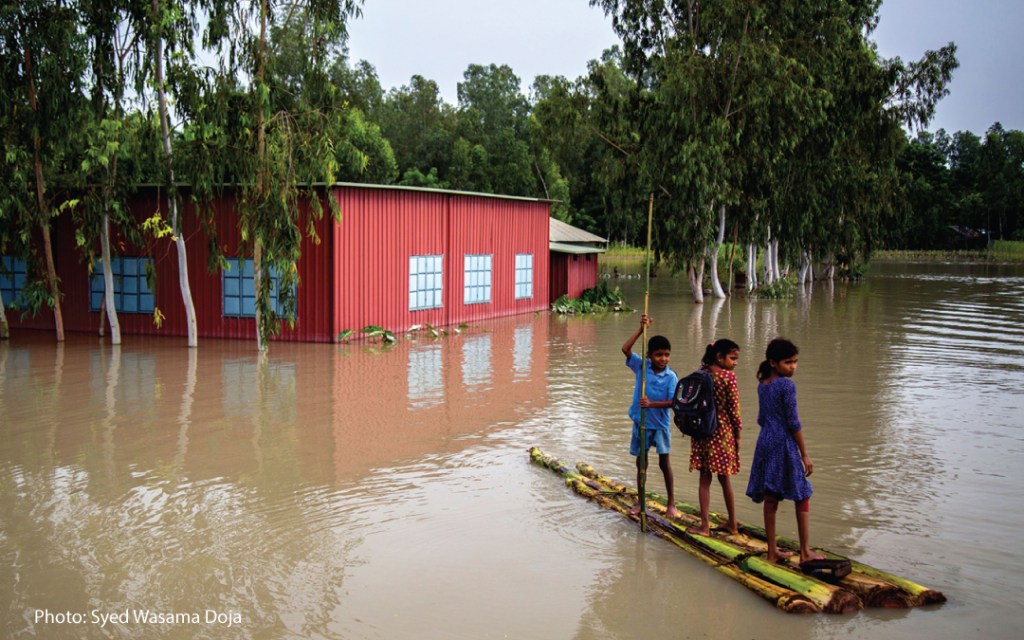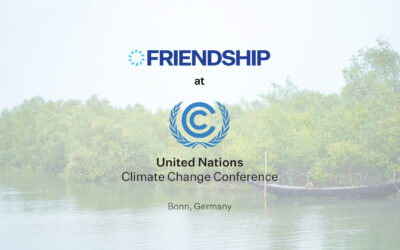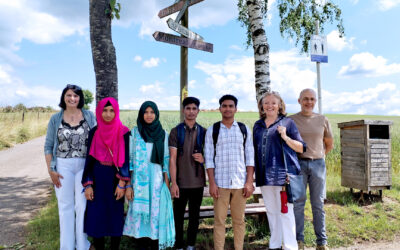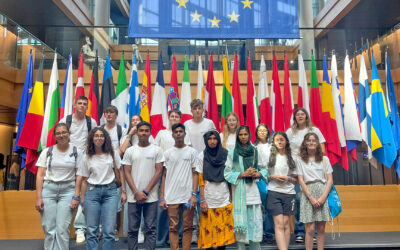Saleemul Huq outlines the major talking points at the Conference of Parties
The United Nations Framework Convention on Climate Change (UNFCCC) is a global treaty that was signed and ratified by 195 countries obligating themselves to take actions to protect the planet, its ecosystems and its people from the adverse impacts of human-induced climate change due to emissions of greenhouse gases into the atmosphere.
The UNFCCC was agreed upon at the Earth Summit held in Rio de Janeiro in 1992 and came into force in 1995. Since then all the signatory governments meet every year at a Conference of Parties (COP) to review progress (or lack of it) and take further decisions to enhance actions.
This year’s venue for COP25 was supposed to be Santiago, Chile but due to the political unrest there the venue was shifted at the last minute to Madrid, Spain. However Chile will still preside over COP25.
The COP is a multi-stakeholder event with many things happening at once over two weeks. The main event is of course the negotiations between the governments of all the countries which takes place mostly behind closed doors where only government delegates can be present. It takes place in two stages with the first week being technical level negotiations between experts and bureaucrats. During the second week, ministers arrive and make the final decisions on behalf of their respective countries.
There are also a very large number of observer groups ranging from environmental NGOs, to youth groups, to business groups and many other stakeholder groups who hold many different side events and have stalls to disseminate information. These side events are usually far more interesting for observers than the official negotiations which can be very dry and difficult to follow for the uninitiated.

The upcoming COP25 has a number of important decisions to negotiate and hopefully agree on which I will briefly describe below.
The main item on the agenda for COP25 which is of concern to Bangladesh and other vulnerable developing countries is to do with reparations for loss and damage. An outcome of COP19 held in Warsaw, Poland was the Warsaw International Mechanism (WIM) on Loss and Damage, with an executive committee and a five-year workplan. That workplan has come to an end and the COP must decide whether to give the WIM an extension and if so, whether to modify its mandate in the next period.
Bangladesh together with the other vulnerable developing countries will be pushing for an extension of the WIM with an additional mandate to explore raising funds for compensation of victims of loss and damage from climate change beyond insurance. This is a politically sensitive topic as the developed countries don’t like talking about compensation and will likely only discuss insurance.
The other major issue, which is a perennial one at every COP, is that of funding for mitigation and adaptation. The developed countries had previously promised at COP21 that they would contribute US$ 100 billion a year to support climate action in the developing countries and the UNFCCC set up a dedicated fund management institution called the Green Climate Fund (GCF) based in Korea to manage the funds. The GCF initially received US$ 10 billion to spend and is now undertaking a replenishment where they hope to double the amount they got last time.
But that is still far short of the 100 billion that was promised originally. Hence this will inevitably be a hot topic.
Finally, easy to overlook, but no less important a part of the decision making at COP25 will be agreeing on the methodologies for measuring, verifying and reporting of all the different articles of the PA as these will need to be reported at COP26 next year.
Saleemul Huq is the director of the International Centre for Climate Change and Development at the Independent University, Bangladesh. He was listed on Climate 100: The world’s most influential people in climate policy by Apolitical. saleemul.huq@iied.org



